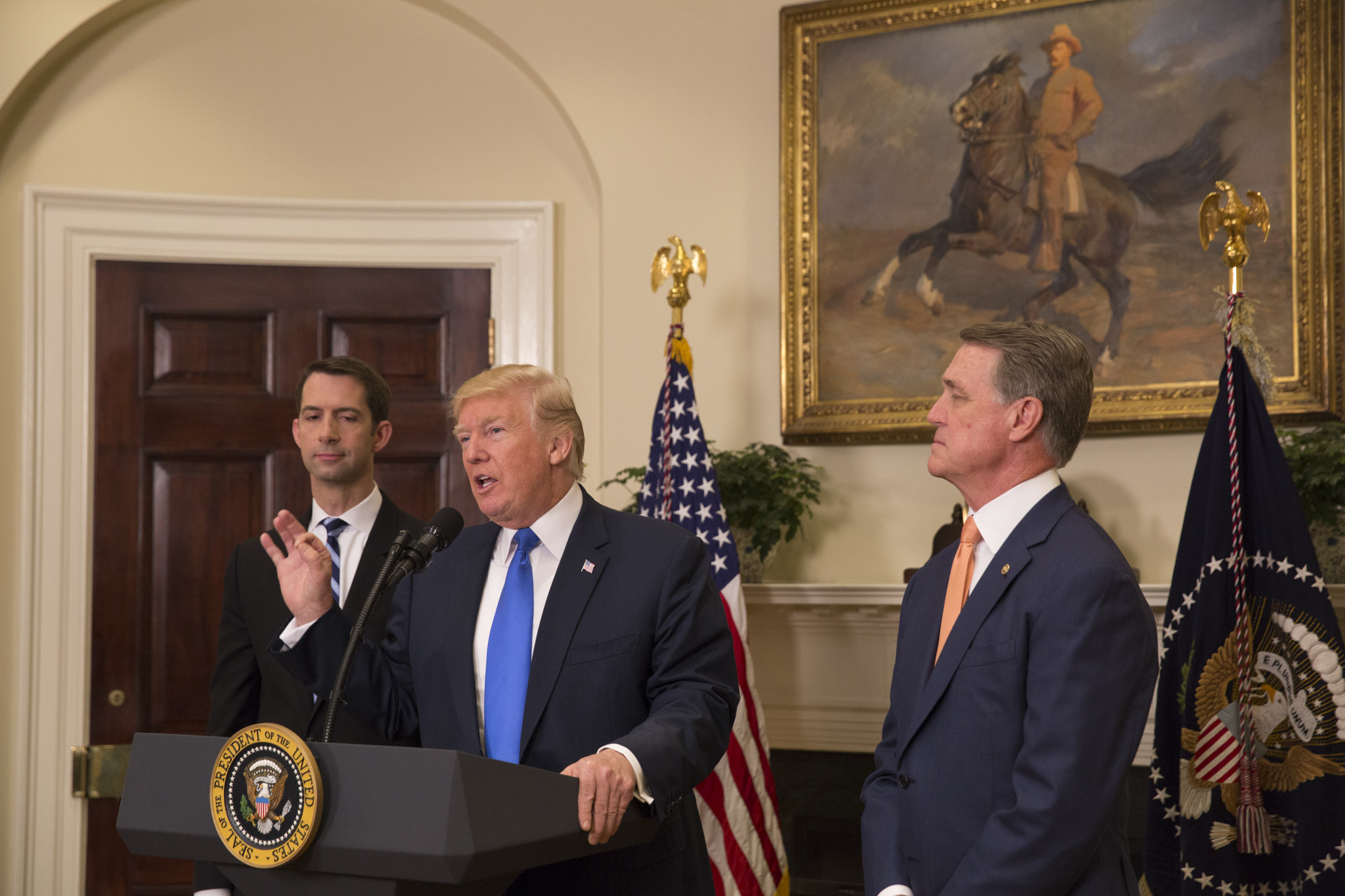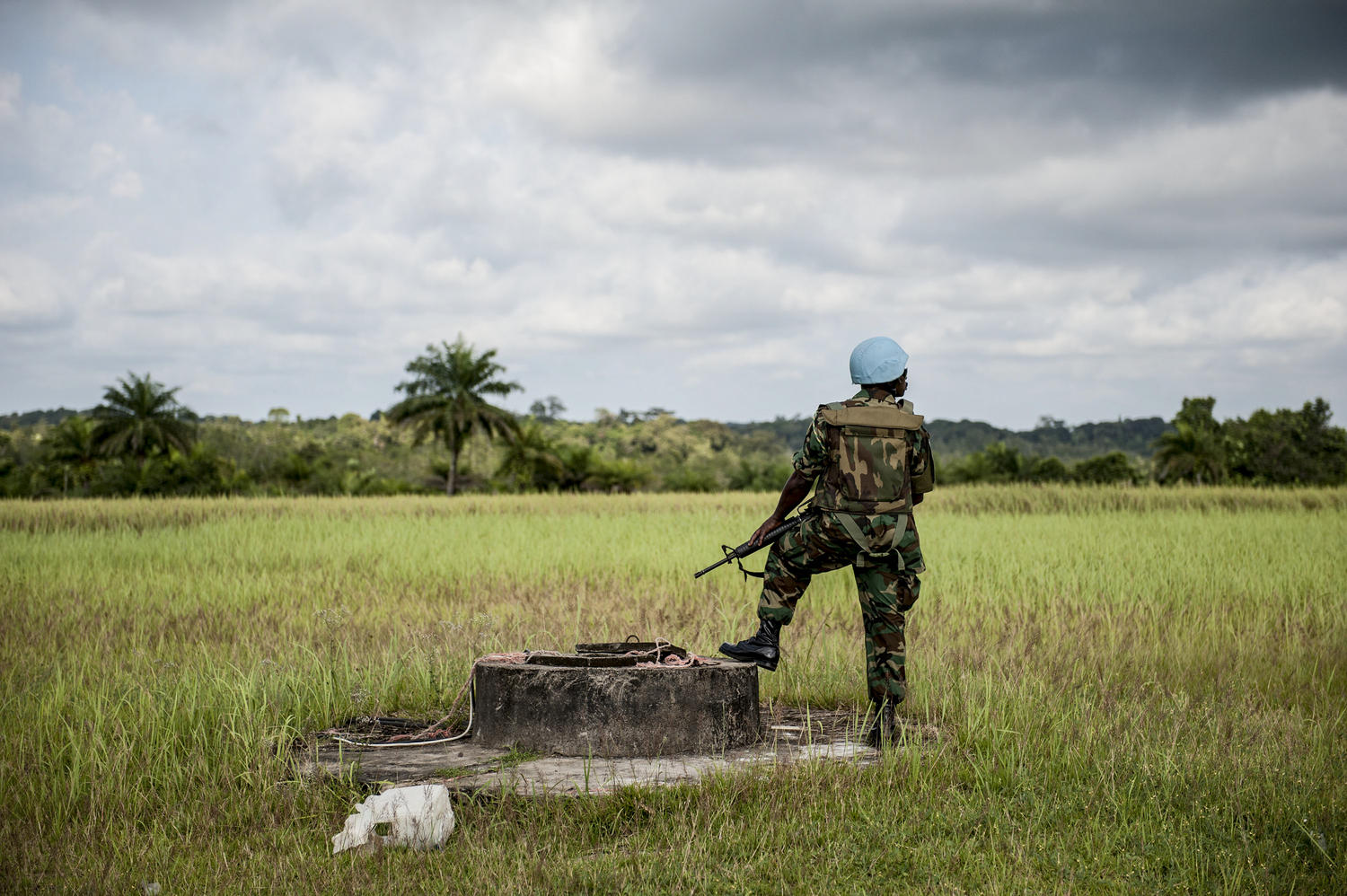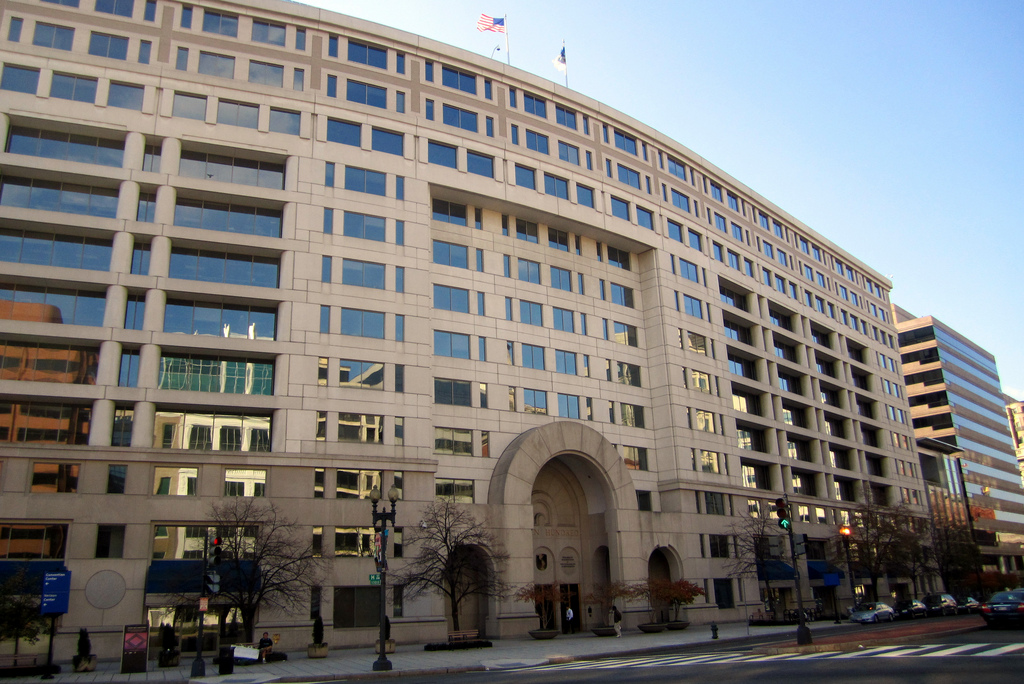THIS POST CONTAINS SPOILERS FOR THE DARK KNIGHT RISES.
Yet again a film premiers and people begin discussing the view of political violence that exists within it. (This is not to be confused with the potentially political violence that exists outside of the film — the horrific shooting in Colorado — which I will not discuss here). Within a book that I am currently finishing, titled Pop Struggle, I am exploring repression and dissent within film, graphic novels and comics, and trying to understand what is/is not covered as well as what the diverse media identified try to tell us about who starts, escalates, wins and loses in these state-challenger contests. In line with this effort, I thought it would be useful to explore what is political about the violence in The Dark Knight Rises.
Deviating from the general starting point of most academia as well as most American movies (which I tackle in the book), my discussion will not start with the behavioral challengers. Following my earlier blog post, I will start with the police.
What’s political about police violence in The Dark Knight Rises?
- As Weber would maintain, Gotham’s police seek to hold the monopoly on the legitimate use of coercion, and they will target those who challenge them using violence when they are pushed to do so. Indeed, the police place greater value on eliminating these individuals than thieves or criminals, as evidenced when the police would rather pursue Batman than the robbers they were previously chasing. The police are clearly reactive in the film; they never initiate conflict. This is important because the reason for the behavioral challenger (Bane and crew) and challenge (seeking to destroy Gotham) are prompted by the inequality, corruption, indifference, suffering and injustice of the status quo — something that the police, by definition, support.
What’s political about the authority’s violence or facilitation of violence?
- As conceived in the film, the authorities in Gotham rely on mystery, myths, deception and (by working with/tolerating Batman) intimidation as well as violence to maintain the perception that they are in control, and that they should be followed. [The Dark Knight spoilers] For example, maintaining the inspirational myth of Harvey Dent’s virtue is believed to be essential for the maintenance of political order. Like Hannah Arendt, The Dark Knight Rises does not believe that governments can rule by force alone — they need something else. The Dark Knight trilogy does not follow Etienne de la Boetie, however, advocating the use of bread, circuses and distraction. Rather, they seem to follow Machiavelli’s advocacy for the use of force and fear with a little love thrown in there for good measure. Indeed, what is the Bat-Sign projected into the night sky but a terroristic device tolerated/facilitated by the authorities? Of course, within the trilogy it is believed that only criminals would fear the Bat, but why would this actually be the case? Wouldn’t everyone fear the Batman? After all, it is entirely possible that Batman could make a mistake and target a non-challenger, like he did when everyone believed he killed Dent. But the series only deals with this possibility in the form of a fabrication that the viewing audience knows to be a lie. In reality (i.e., in the movie world), pro-state vigilantes never make mistakes. They always get the right person and they never are unsure about someone’s allegiance (in part because they have the person under surveillance — most likely illegally obtained). In the “war” (The Dark Knights Rises’ phrase, not mine), there are no mistaken identities, just not enough force.
What’s political about the challengers’ violence?
- Within the film, Bane and crew wish to instrumentally destroy Gotham City within the sovereign nation of the US because it is the essence of all that has become evil: corruption, suffering, injustice and inequality. The destruction of this city (like Constantinople and Rome before it, noted in an earlier film) will allow humanity to begin anew. In short, Bane and crew have a fundamental disagreement with the status quo and offer humanity a reboot achieved through mass violence. The violence is not the end but, rather, the means. Most violence in the Batman series is instrumental, except in the case where a criminal mastermind (like the Joker) is brought down. Note: the position of the status quo with all the greed and inequality is never justified. That’s just the way it is.
- Toward the ends identified above, Bane and crew overcome the agents of order and take over Gotham by force (easily actually because Bane and his allies are both smart as well as vicious).
- Bane does not frame his efforts publicly as violence. Rather, he and his allies frame it as “returning” Gotham to its citizens (i.e., “manipulate” the public), facilitating their exacting “justice” on “criminals” who arrive at the court already presumed guilty. There is a claim made and violence is used to bring it about.
Finally, what’s political about the vigilantes’ (i.e., Batman’s) violence?:
- Batman wishes to re-establish the status quo through violently eliminating behavioral challengers. He also wishes to “return” Gotham to its citizens, which is interesting because as one of Gotham’s favorite sons, he would be returning the city to himself — presumably so Bruce Wayne could continue to chill in his mansion, ride around in his Lamborghinis and party til he drops. Of course, this is only his public persona — he actually hates this. 😉
- In order to restore/preserve order, Batman engages in violence that authorities are incapable and unwilling to do.
- Batman uses mystery, myths, magic and deception to make it seem that he (and hence the existing status quo) is more in control than he actually is.
- When Batman (and by implication the state) is unable to wield enough force they have to retreat, retrain, rearm (Batman does maintain his own research and development firm which provides weapons to himself as well as the US military — like Ironman) and return to kick some ass. Once force of the most lethal nature is released, then order is restored. Interestingly, there is not much said about the corruption associated with this order in the film but through a relocation of wealth noted in the end suffering, indifference and, presumably, some injustice is addressed. Only by the rich dying (metaphorically) is the system improved.
- The population need not fear Batman’s “death”/retirement. Indeed, the next generation of vigilante is on the way to being prepared (enter Robin).
- Interestingly, the film differs from the Frank Miller graphic novel upon which it is based in important ways. For example, in the graphic novel: 1) Batman is near 60 and comes out of retirement to take on Bane and crew; 2) Batman takes an even more aggressive stance regarding his vigilante status by having to defeat Superman before proceeding along his path of violence (Superman did not want the un-authorized violence to be enacted as it would send the wrong signal to the population/globe); and, 3) Batman does not take Bane and crew on with New York’s finest but rather he generates his own vigilante crew ending in a bone-crunching one-on-one battle in mud to take away Bane’s fighting advantage. In short, in the Hollywood version of the story Batman is younger, less of a vigilante/renegade and less of an anti-establishment cult figure. This is generally consistent with the findings of my book. Films are always less politically radical than their literary inspirations.







0 comments
Nicely analyzed, Christian. Indeed, Batman represents the sharp end of a capitalist class that is unwilling to part with its wealth and power. Ever notice how Batman’s view of justice consists only of property crimes and depoliticized/passive individual victims, but never social injustice or structural violence? dude looks like a fascist jack booted thug. The only anarchist in the movie is the Joker, a nihilist with no politics.
Good read, although it should be pointed out the guy he fights in DKR isn’t Bane, he’s an entirely original character who I don’t believe is ever given a name.